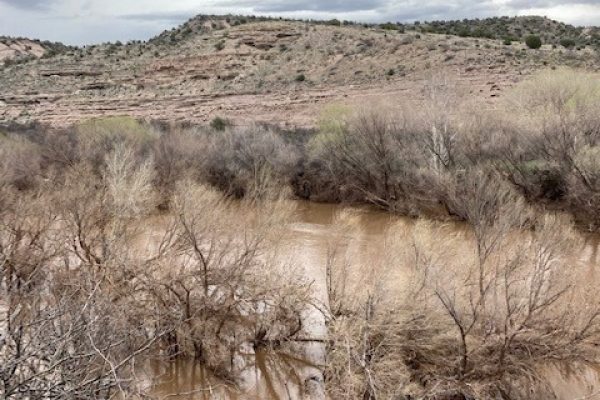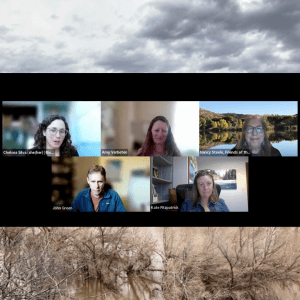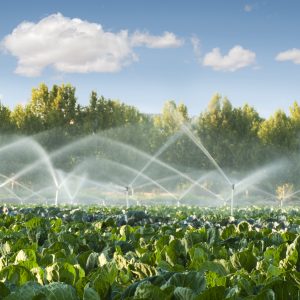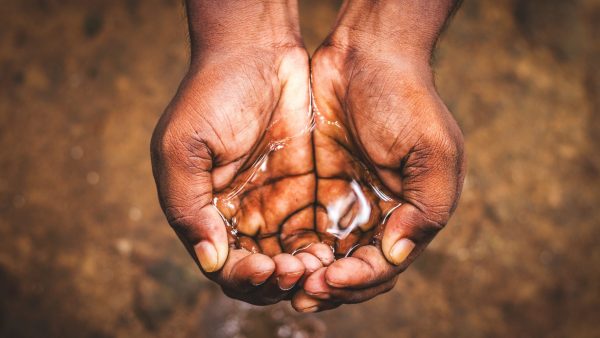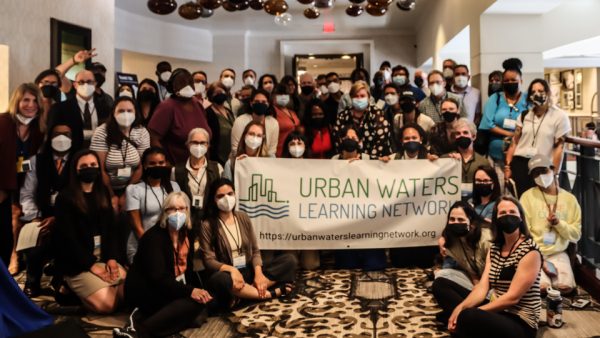River Voices: April 2023

Welcome to the April 2023 edition of River Voices. This month, learn how network groups in the West are accessing federal funding for rivers by building formal collaboratives. Plus, watch a roundtable conversation for this month’s Meet Your Network interview!
What does it take to build and sustain a formal collaborative and how do these collaboratives leverage federal funding for river restoration and water management projects? We’ve been exploring these questions and are excited to share the results! We’ve found the common threads that make a successful collaborative – so that groups across the national network can replicate these Western successes and together access this important funding source, bringing more resources to communities and their rivers and other local waters.
Read more on our blog and explore four in-depth case studies.
“Something that we found is that if we are to be a true collaborative, with a truly collaborative approach, that we go in with a clear establishment of the problems that we are trying to solve together, and we generate those together. [W]e don’t go in with a predetermined outcome, or a predetermined way of solving them. We have really found that that has been a key to establishing collaboration, as opposed to getting people to just be on board with an idea that someone else already has. [I]t’s allowed us to really establish a lot of trust and a truly collaborative nature within the organization.”
–Amy Verbeten, Friends of the Teton River
“I am motivated by the talented, curious, and passionate folks who make up our peer learning networks.”
Host of this month’s Meet Your Network roundtable and Healthy Rivers Program Associate, Chelsea supports practitioners in Colorado and other western states by providing capacity-building support to local coalitions as they assess and plan for their rivers, and designing and hosting peer calls and field days for statewide peer learning networks.
“My advice is, if you want to start a collaborative today, be willing to undertake a lot of hard work on the startup end. It’ll pay off in the future.”
-Nancy Steele, Friends of the Verde River
This month’s Meet Your Network features representatives form all four of our case studies, discussing their work as part of formal collaboratives. What makes a collaborative successful? What challenges can a collaborative model help to address? What advice do they have for YOU? Watch and learn!
“One of the benefits of the farm programs is safer drinking water. Farmers have choices and I want there to be funding for farmers that want to put their land in conservation programs that promote water quality.” -Debbie Neustadt, Sierra Club Volunteer, retired secondary science teacher
The Farm Bill impacts everyone and sets the stage for how agriculture can help and harm waterways, the climate, biodiversity, and wildlife. Learn how we’re supporting.
All people have a right to abundant clean water that sustains life. To achieve this right for all communities, it is imperative to build a more diverse, equitable and inclusive movement for clean water. River Network is committed to being a catalyst and partner in this transformation. In a new webpage, we humbly share our approach to EDI within our organization in the hope that it inspires and encourages others across the network to begin, renew, and accelerate efforts to build a more diverse and inclusive movement for our nation’s waters.
With funding from EPA’s Urban Waters Program, Groundwork USA and River Network coordinate the Urban Waters Learning Network (UWLN). The UWLN is a nationwide peer-to-peer network of people and organizations working to conserve, restore, and revitalize America’s urban waterways. UWLN’s website is rich with stories and resources related to community science and restoration.
To learn more, visit their Water Quality resources, read about traditional Ahupua‘a Management in modern Hawai‘i, and other community science stories.
Green Infrastructure and Gentrification: Harness the Benefits, Avoid the Displacement
Thurs. 4/20, 10a PT/1p ET
Join this session—hosted by the Urban Waters Learning Network Equitable Development and Anti-Displacement Collaborative—to hear more about the work that the Center for Neighborhood Technology (CNT) and the Green Infrastructure Leadership Exchange (GILE) are doing related to equitable green infrastructure implementation.
NRDC/NCLC Water Affordability Advocacy Toolkit Deep Dive
Thurs. 4/20, 10a PT/1p ET
In “Affordability and Assistance Programs and the CWA Financial Capability Assessment Guidance,” a continuation of a webinar series on the NRDC/NCLC Water Affordability Advocacy Toolkit, attendees will learn about a range of advocacy strategies pursued by water affordability champions in Pennsylvania and California, including legislation, litigation, and collaboration.
Keith Campbell Foundation Grants
The Keith Campbell Foundation for the Environment is pleased to accept unsolicited grant proposals from 501(c)3 public charitable organizations that are not current or previous grantees of The Campbell Foundation. They accept proposals for up to a maximum request of $25,000 for any type of program in any geography. The total budget for our unsolicited cycle is $50,000 per cycle.
Call for Submissions: About Place Journal “On Rivers”
Black Earth Institute’s About Place Journal seeks submissions of prose, poetry, visual art, and hybrid and multi-modal work pertaining to rivers. Submissions are open to activists, artists, creatives, environmentalists, writers, and all who are deeply engaged with rivers, regardless of academic, professional, or publication history to create a collective view on rivers that is expansive and surprising.
Request for Proposals: The Catalyst Fund
The Network for Landscape Conservation’s Fund makes strategic investments in strength- ening the collaborative capacity of place-based, community-grounded Landscape Conserva- tion Partnerships. A portion of the Fund is dedicated to supporting Indigenous leadership in land- scape conservation; Partnerships that are led by Indigenous peoples, organizations, and communities are invited to apply.
US Water Prize Nominations Are Open!
Awarded on an annual basis, the US Water Prize from US Water Alliance celebrates outstanding achievement in the advancement of sustainable, integrated, and inclusive solutions to our nation’s water challenges. The awards are dedicated to celebrating organizations leading the way with creative One Water solutions and driving a paradigm shift in how we view, value, and manage water in the United States.
- 🎧 Water Equity Podcast Series – from PolicyLink, this podcast focuses on the water and climate issues frontline communities are facing every day.
- 🎧 Clean Water Pod – give the latest episode, all about NPDES, a listen!
- 📖 Advancing Water Equity in Small and Rural Communities: The Role of Digital Solutions – a new report from US Water Alliance explores a vital pathway to advance water equity and the essential need of small and rural communities to access safe and reliable water services: adopting and implementing practical digital water management solutions.
- 💻 Coalition for the Delaware River Watershed’s DEIJ Resource Hub – CDRW has launched a new DEIJ hub, featuring resources, and DEIJ lens and screening tool, and more!


